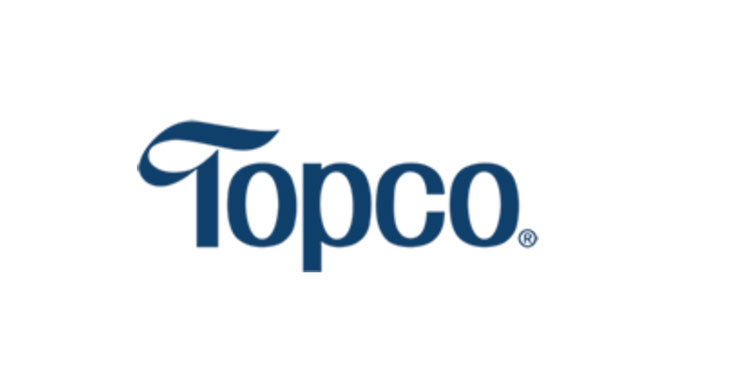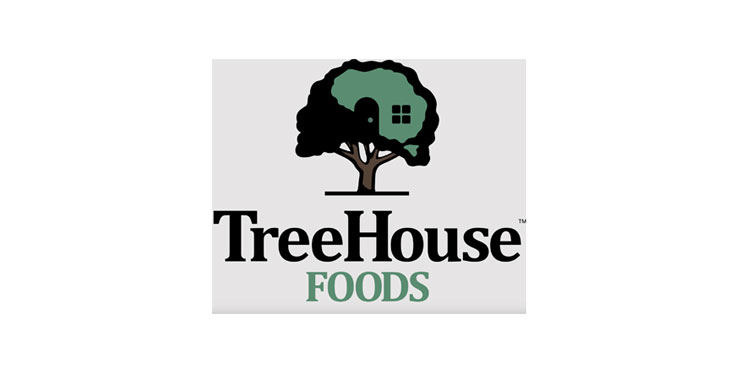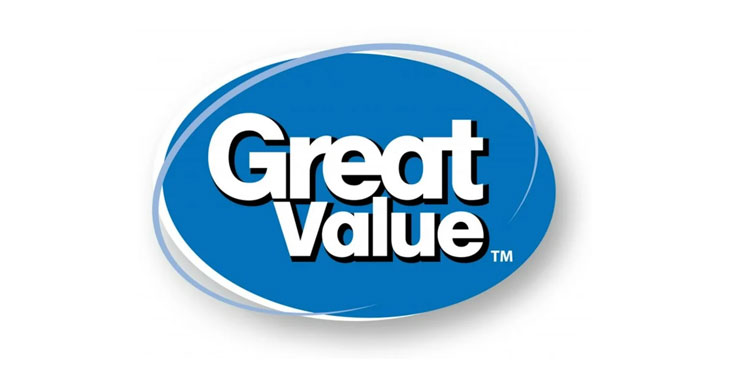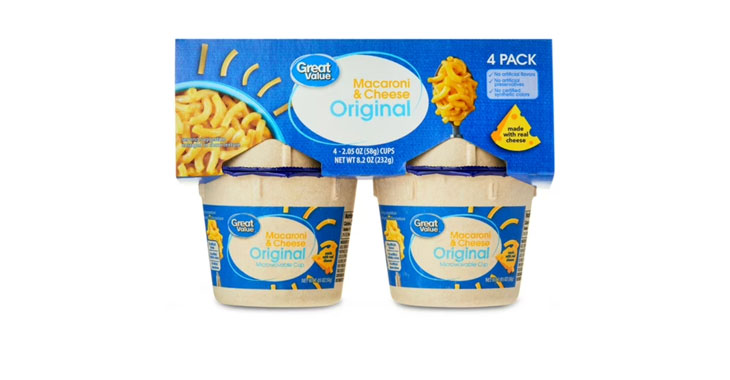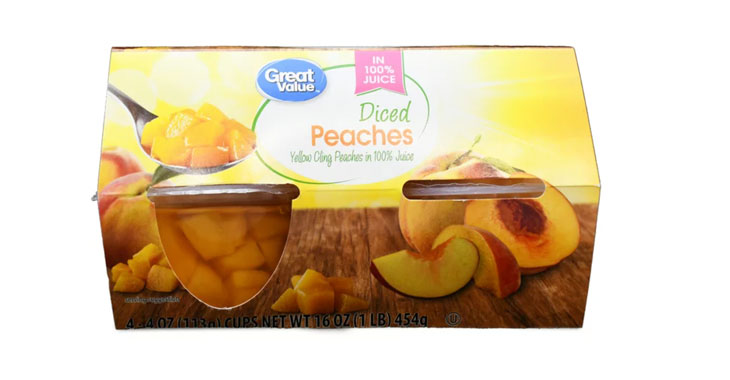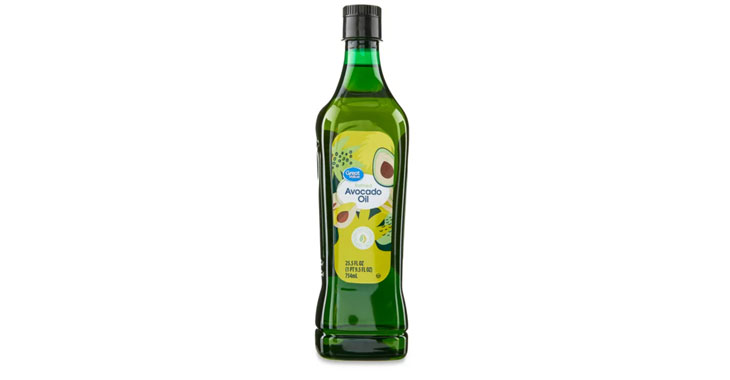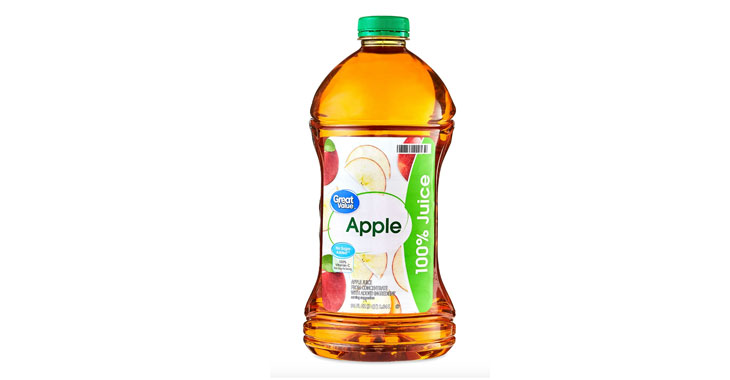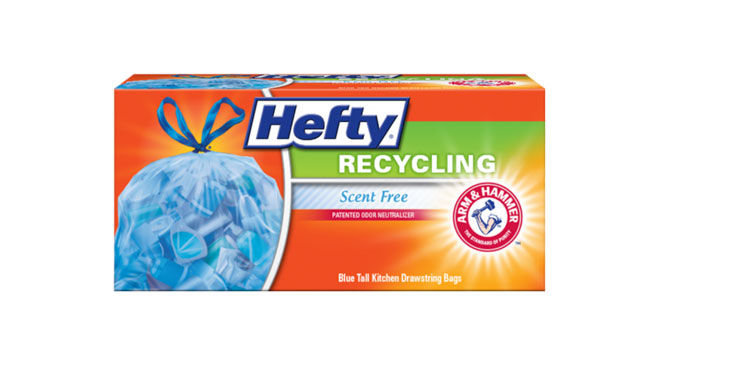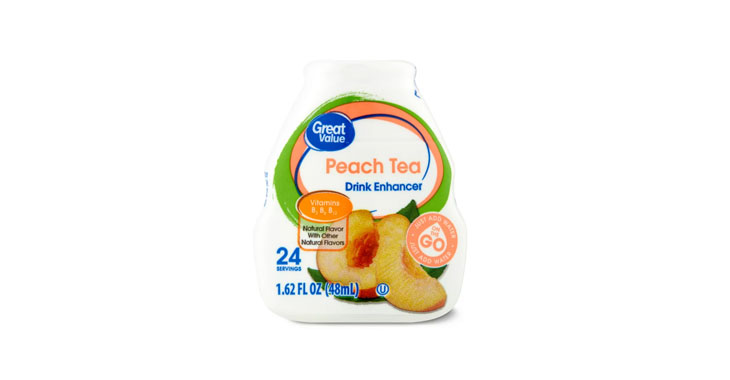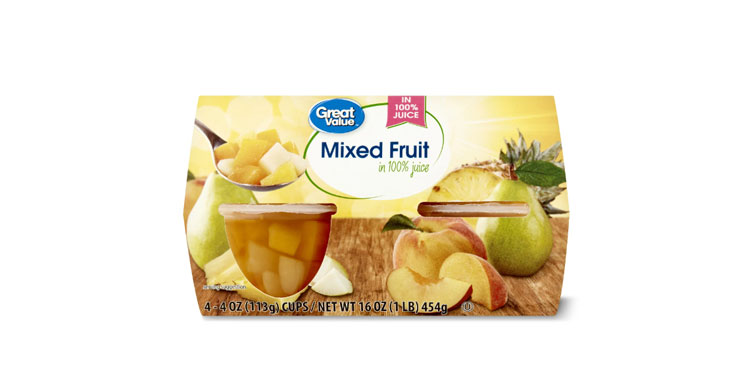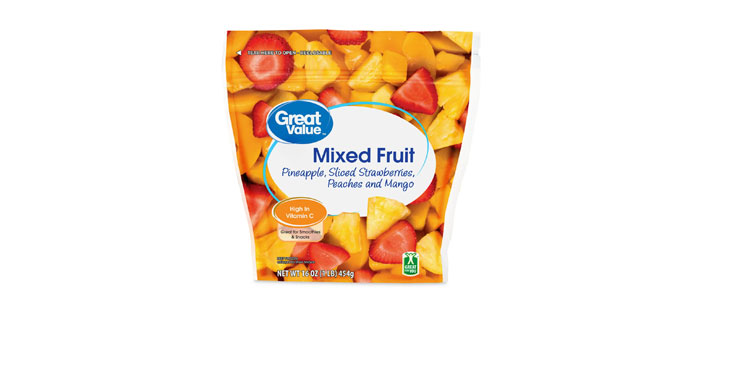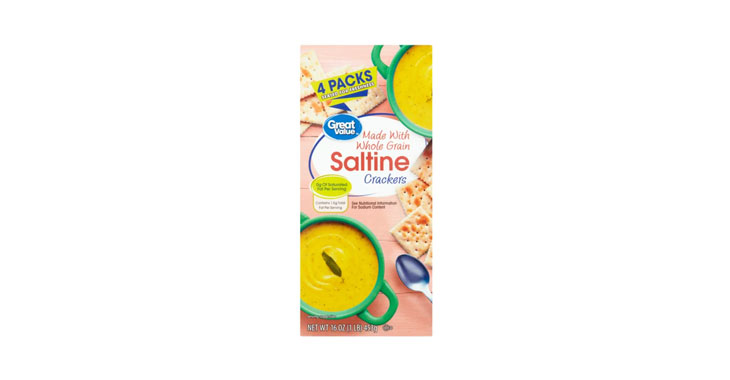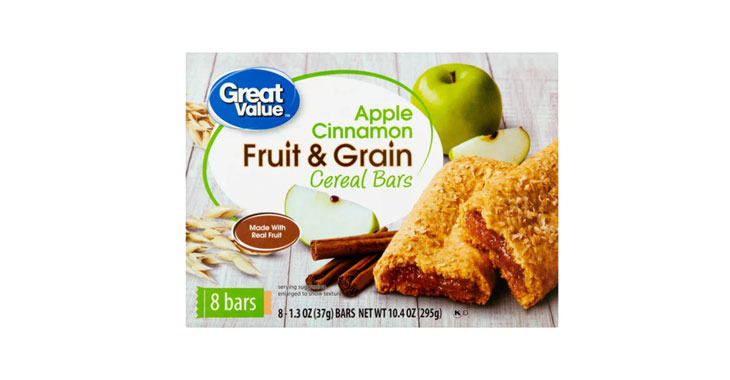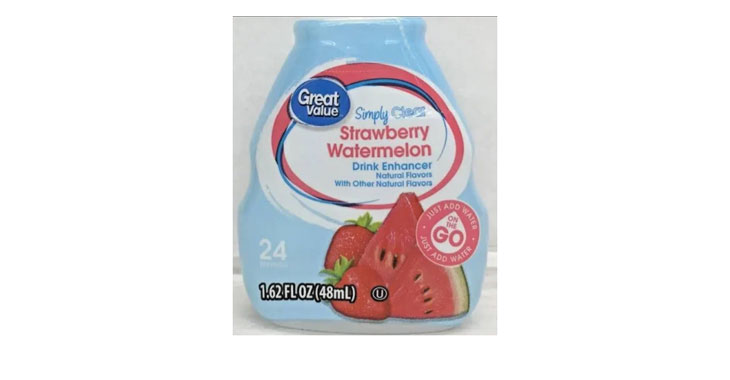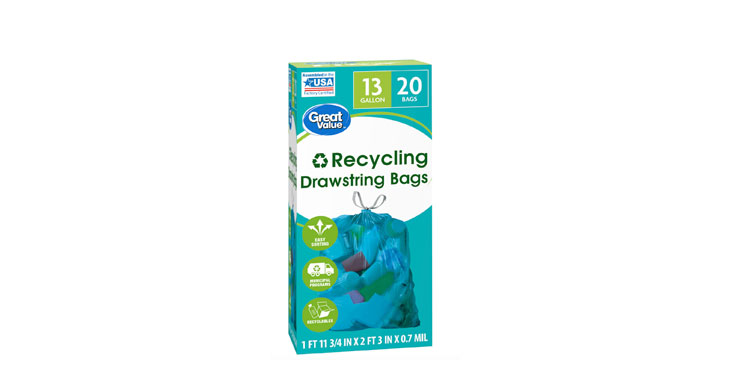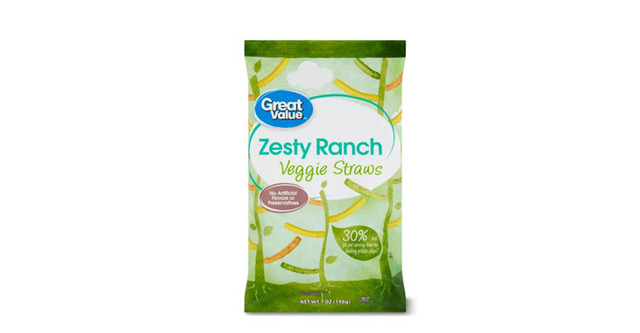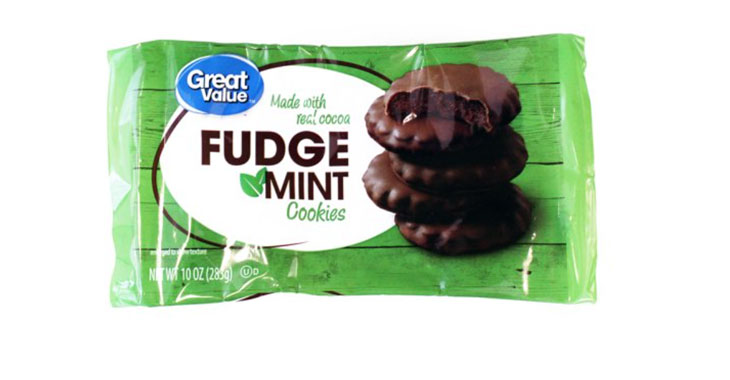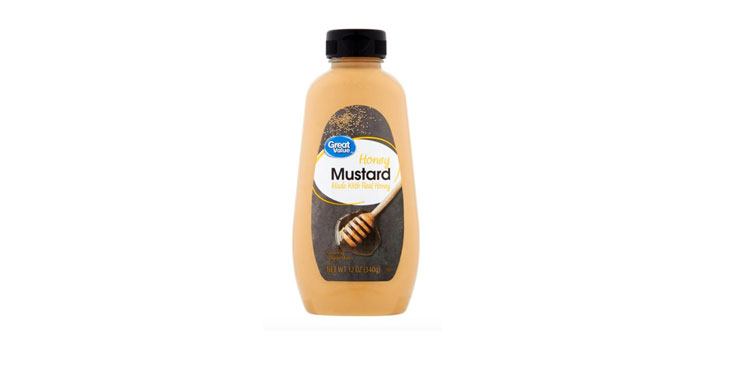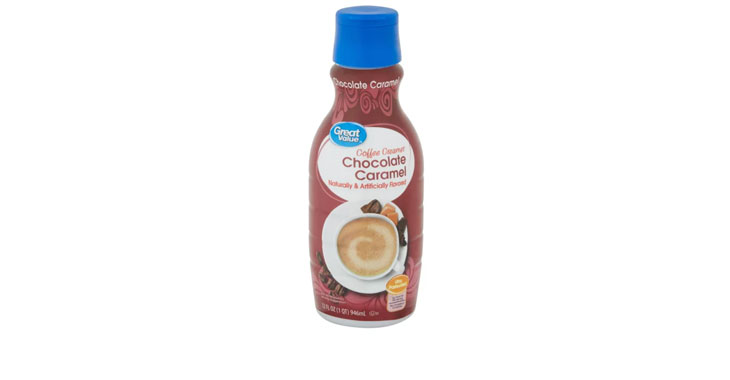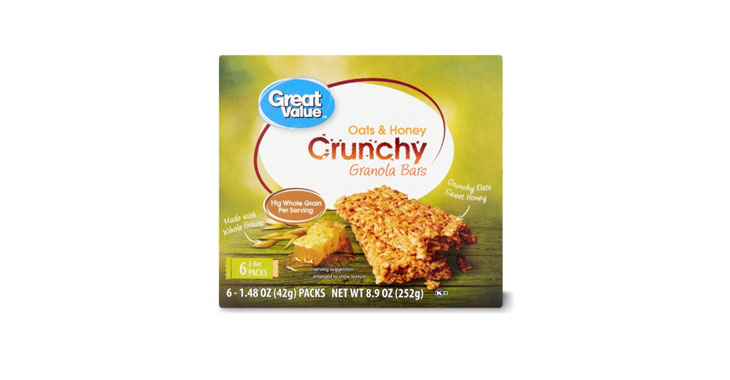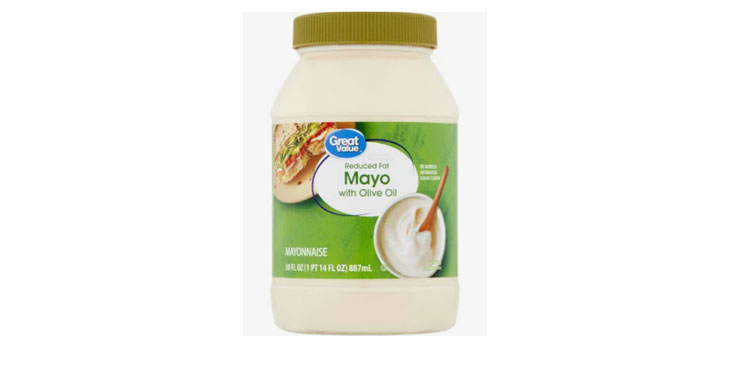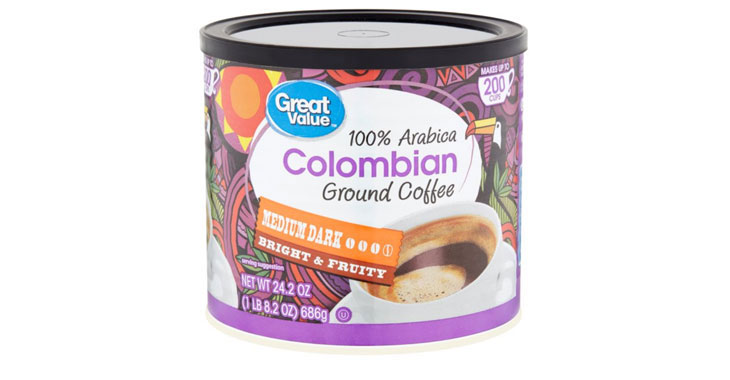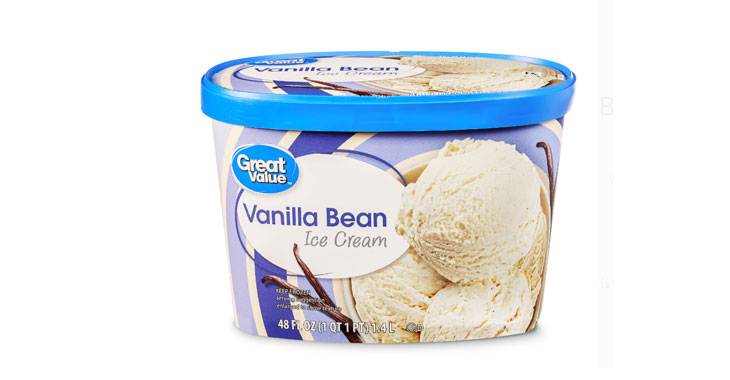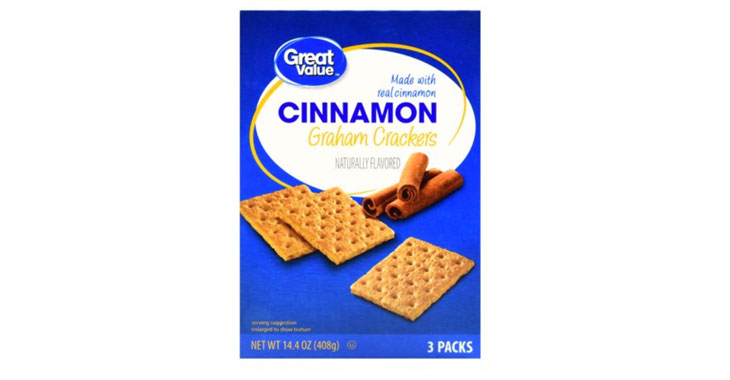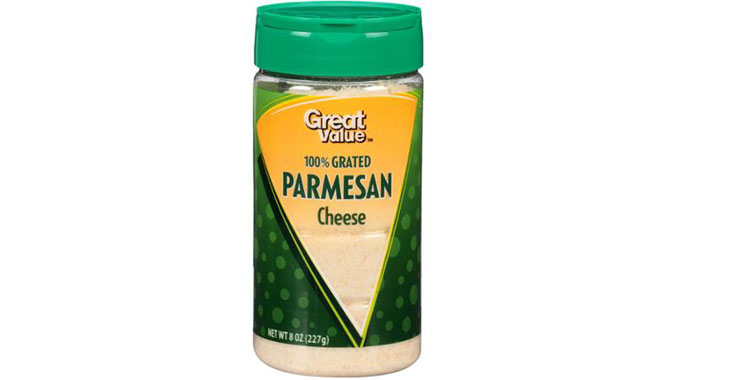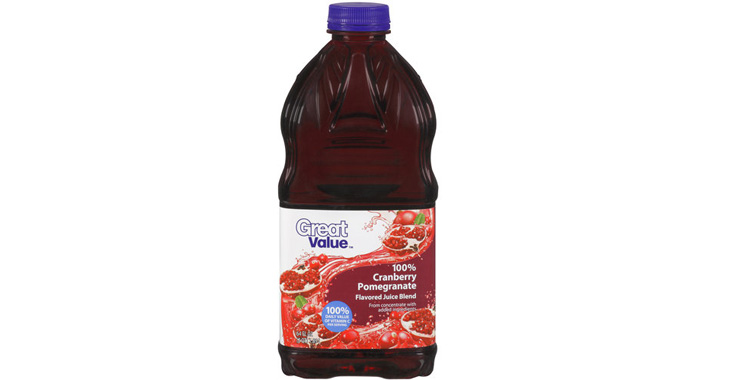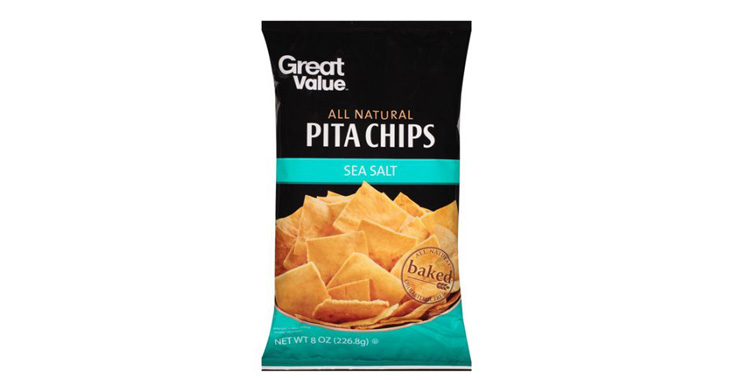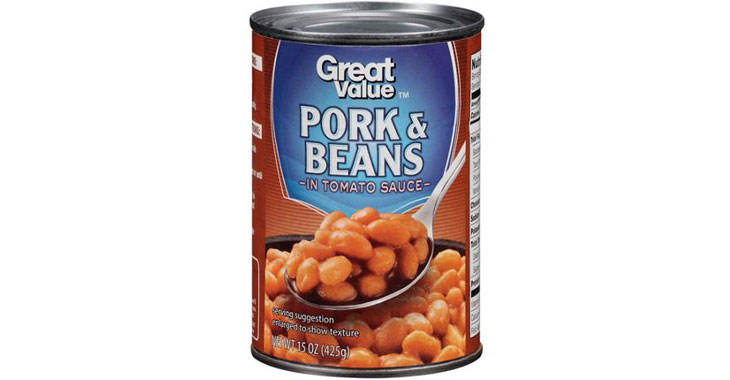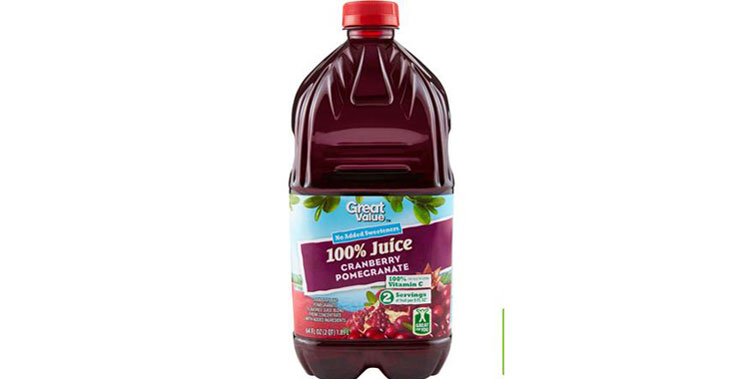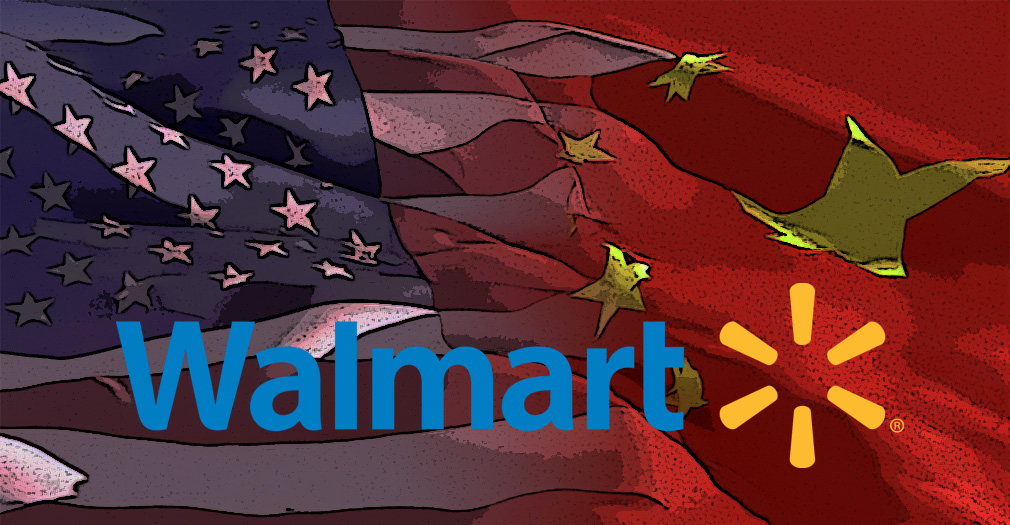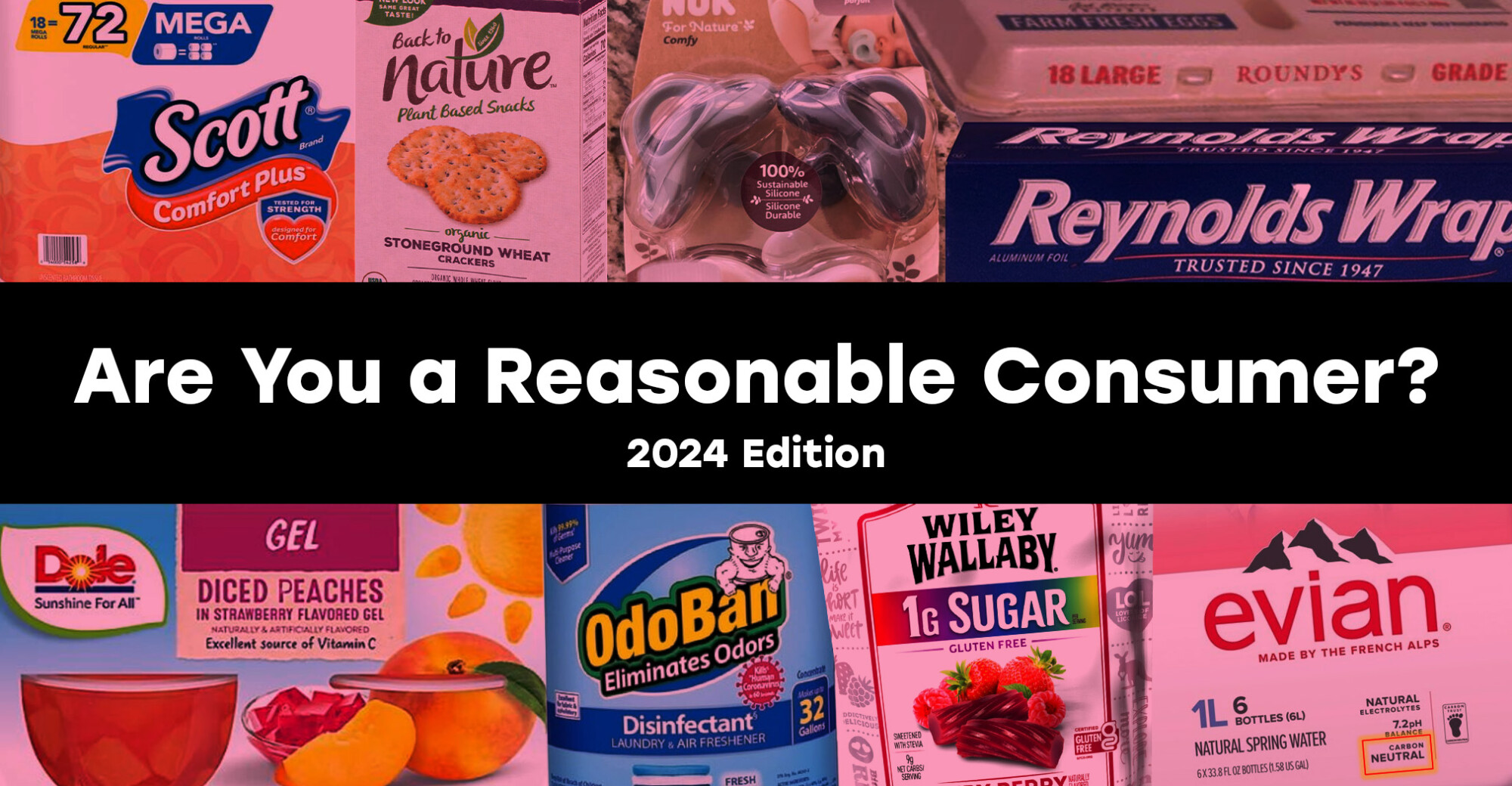
Walmart
TINA.org investigations into Walmart have revealed that the retail giant repeatedly engaged in false and deceptive Made in USA marketing on its website, and used undisclosed stealth marketing directed at…
February 2016: A federal judge granted final approval of the settlement.
May 2015: A federal judge preliminarily approved a $515,000 settlement of a false advertising class-action lawsuit against Karlin Foods Corp. The complaint, which was originally filed in August 2014, alleges that Great Value Cornstarch food products (sold at Walmart and other food stores) are marketed as being “All Natural” when they actually contain unnatural, synthetic, artificial, and genetically modified ingredients. According to the settlement terms, class members may receive a $1 refund for each product purchased. Class members without proof of purchase may receive a maximum of $2 and class members with proof of purchase may receive a maximum of $8. In addition, the company agreed to stop falsely representing that the products are “All Natural.” (Teufel et al v. Karlin Foods Corp., Case No. 14-cv-23100, S. D. FL.)
For more information about other TINA.org’s coverage of Walmart, click here.
TINA.org investigations into Walmart have revealed that the retail giant repeatedly engaged in false and deceptive Made in USA marketing on its website, and used undisclosed stealth marketing directed at…
Allegations: Marketing products as “high quality” and made with “safe ingredients and reliable materials” without disclosing that they contain, or are at risk of containing, metal
Allegations: Failing to disclose that products are contaminated with the bacterium listeria monocytogenes
Allegations: Failing to disclose that products are contaminated with a radioactive ingredient
Allegations: Falsely marketing that products contain no artificial flavors or preservatives
Allegations: Misleadingly marketing that products are made with real cheddar cheese
Allegations: Falsely marketing that the peaches come in “100% Juice”
Allegations: Falsely marketing products as avocado oil
Allegations: Products contain fewer servings than advertised
Allegations: Failing to disclose that products contain, or are at risk of containing, more inorganic arsenic than the FDA allows in apple juice
Allegations: Misleadingly marketing products as “recycling” bags
Allegations: Misleadingly marketing products using the phrase “Natural Flavor With Other Natural Flavors”
Allegations: Misleadingly marketing products as “Mixed Fruit in 100% juice”
Allegations: Failing to disclose that products contain a bacterium that could lead to serious adverse health consequences
Allegations: Misleadingly marketing crackers as “Made With Whole Grain”
Allegations: Failing to adequately disclose that products contain an artificial ingredient that enhances the characterizing fruit flavors
Allegations: False natural claims
Allegations: Failing to disclose that products contain chemical preservatives
Allegations: Misleadingly marketing products as “recycling” bags that are “designed to handle everyday recycling loads around the house” and “easy sorting for municipal recycling programs” when the bags are made…
Allegations: Falsely marketing products as containing “No Artificial Flavors or Preservatives” when they contain a chemical preservative and a synthetic flavoring ingredient
Allegations: Misleadingly marketing ingredients in cookies
Allegations: Misleadingly marketing that honey is the primary sweetener
Allegations: Misleadingly marketing the product as coffee creamer
Allegations: Falsely marketing the ingredients in granola bars
Allegations: Misleadingly marketing products as made with olive oil when the ingredients list shows they contain more soybean oil than olive oil
TINA.org finds more of the same – and then some – from retail giant.
Companies should not be able to trap consumers into subscriptions that they do not want.
If you’ve been misled by an ad, regulators want to hear from you. We do too.
Lawsuits allege “100%” marketing on front label is misleading.
See how you stack up.
